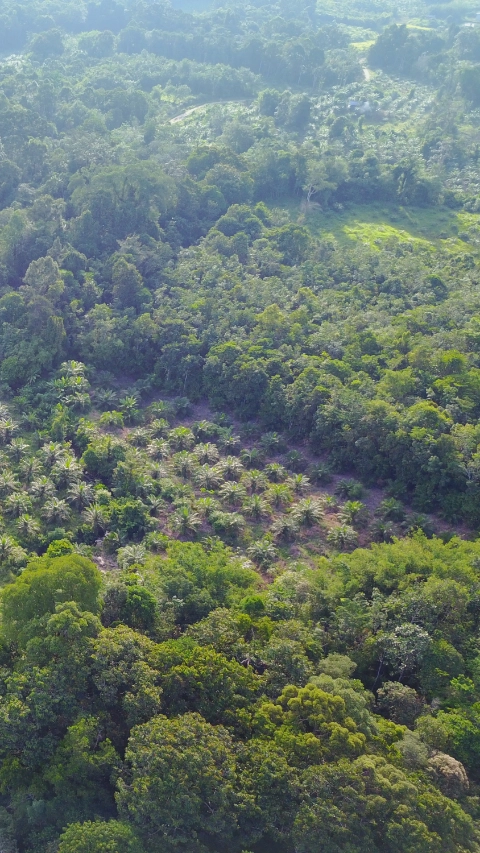Sustainability
Forest Protection
Forests are essential to life on earth. Forests do not only hold the majority of the world’s terrestrial biodiversity but provide crucial ecosystem services as they regulate water cycles, provide clean air and protect the soil from erosion. Through human activity, however, forests are disappearing at alarming rates.
The major causes of deforestation are agricultural expansion and changing dietary preferences of a growing middle class. If deforestation continues at current rates, it will lead to an irreplaceable loss of biodiversity, enhance climate change and will have a negative impact on the livelihood and well-being of people.
BASF recognizes the importance of protecting the world’s forests for the well-being of the environment and society. We focus on our raw materials supply chains, our own operations, as well as our products in the combat against further deforestation. Our approach encompasses primary forests and areas of High Conversation Value (HCV), as well as High Carbon Stock (HCS) forests and peatlands.

